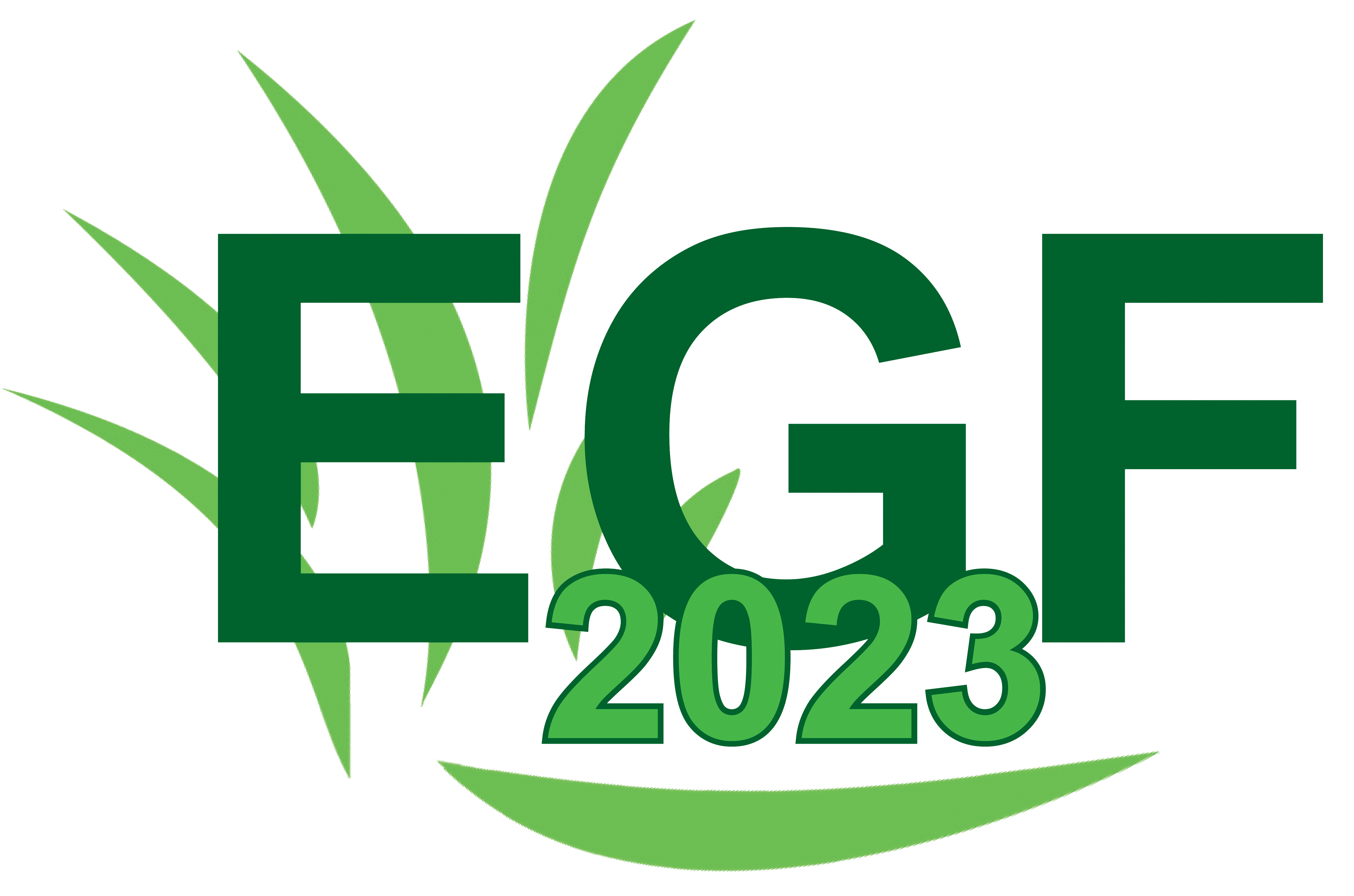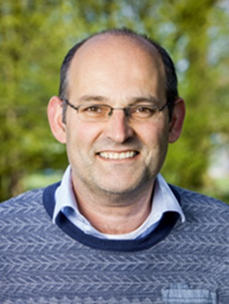
Nick Van Eekeren
Senior Researcher at the Louis Bolk institute in the Netherlands. He has a background in animal and grassland production, and did his PhD on the effect of grassland management on soil biota and ecosystem services in sandy soils. His research focuses on the interface between soil science, grassland production, animal production and natural resource management. Dr. van Eekeren coordinates Sustainable animal production & Agrobiodiversity program and leads a team of 18 colleagues working on animal production, water quality and quantity, biodiversity, climate mitigation and adaptation..
Dr. van Eekeren will make a presentation entitled “Leys in sustainable farming systems” describing utilization of leys in: 1) dairy/beef farming systems with leys in rotation with fodder crops, 2) mixed dairy/beef and arable farming systems using leys in the arable rotation, and 3) arable farming systems using leys for internal input as cut and carry fertilizers. The relative importance of the different ecosystem services and functions of leys will be discussed.
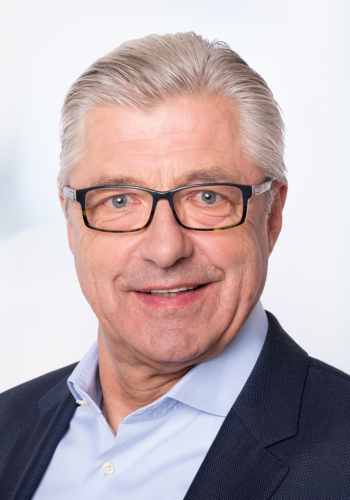
Friedhelm Taube
Professor in Grassland Science at Kiel University (Germany) and special professor in Grass based Dairy Systems at Wageningen University and Research (WUR) having over 30 years of research experience in the field of grassland science and forage production. His research interest is on physiology, management and use of forages in multipurpose systems including pasture ecology with special reference to steppe ecosystems, nutrient losses from forage production systems, development of dynamic simulation models for crop growth and forage quality dynamics as prognosis tools, and use of forages for bioenergy. As a recognized expert in evaluating eco-efficiency measures and nutrient losses in forage production systems he is highlighting the role of leys in mixed farming systems.
Dr. Taube’s talk ‘Eco-efficiency of leys in farming systems’ will overview ecosystem services delivered by grass-clover leys and management option to enhance the full bouquet of these services. A special focus will be given to services under grazing management for milk production highlighting also the economic value of the non- marketable services of leys, that should be considered in the new CAP period starting in 2027.
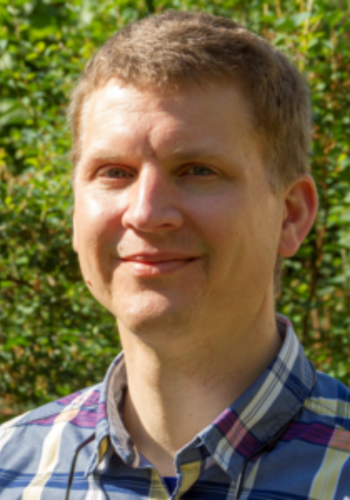
Philipp Grundmann
Head of the research group Sociotechnical System Innovations and Institutional Change at the Leibniz Institute of Agricultural Engineering and Bioeconomy, Germany. He is an Associate Professor at the Department of Agricultural Economics at Humboldt University Berlin, focusing on management of sociotechnical and institutional innovations in rural areas. Supporting transformations through strategy formulation, business development research and capacity building in rural economies is a major contribution of his research through teaching and advising policy makers. During his career as a researcher, he has worked on a wide range of issues related to changes in land and resource use, focusing on institutional solutions that promote sustainability, circular economy, innovation, and inclusiveness.
The presentation ‘Novel usage of biomass from grassland in future management systems’ given by dr. Grundmann will highlight findings on innovation actions and the determinants for successful grass-based business developments and supportive business environments.
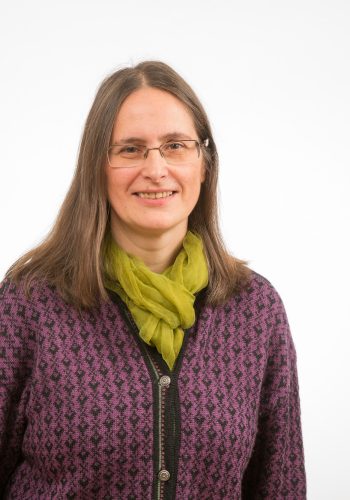
Ievina Sturite
Researcher at Department of Grassland and Livestock at Norwegian Institute of Bioeconomy (NIBIO). Her research interest is nitrogen (N) dynamics in white clover plants and a fate of N during long Norwegian winter with particular focus on finding cover crop types and management regimes that minimize potential trade-offs and optimize the overall effect of cover cropping on the GHG balance of arable cropping under Nordic conditions. In addition, she is an expert in grassland renewal with and without ploughing, carbon sequestration and storage in grassland soils.
In the presentation “Inclusion of ley in crop rotations promotes soil health, carbon sequestration and other ecosystem services” dr. Sturite will give us an insight into long-term experiments in Norway and Sweden, which include crop rotations with and without leys as well as how inclusion of grass-legume mixtures in crop rotation affects soil properties, C and N dynamics, and soil fertility/health, generally.
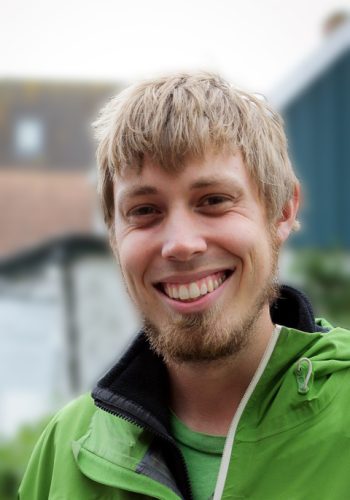
Carsten Stefan Malisch
Assistant Professor at the Department of Agroecology at Aarhus University. His research interests encompass utilisation of a systems approach to enhance ecosystem services in agriculture while at the same time providing high and stable yields. Dr. Malisch works with grassland leys in mixed farming systems and expertise lies in using diverse pastures to enhance the sustainability of dairy production, with a focus on the potential of plant secondary metabolites and dairy production systems. He was awarded the prestigious Sapere Aude grant of the Independent Research Fund Denmark to identify how tannin rich forages can reduce enteric methane emissions from ruminants, and simultaneously increase soil organic carbon stabilisation.
At EGF 2023, his presentation ‘The importance of multi-species grassland leys in crop rotations to enhance ecosystem services’ he will focus on giving an overview of the benefits from increasing diversity across the temporal and spatial scales of production systems, and how these enhanced diversity levels can be used to improve the agronomic and environmental performance simultaneously across a range of environmental conditions and management types.
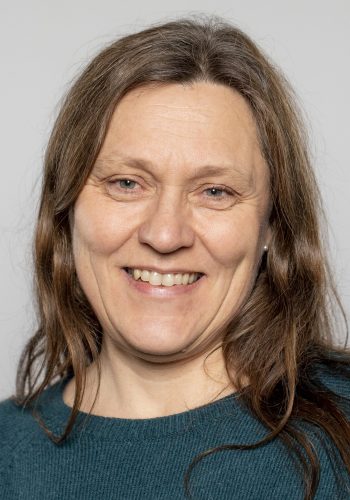
Åshild Gunilla Ergon
Associate Professor at the Faculty of Biosciences at the Norwegian University of Life Sciences (NMBU). Her main area of research interest is forage grass and legumes as well as macroalgae. She has recently been focusing on genetics of red clover, regulation of flowering time, cold acclimation and winter hardiness. Dr. Ergon is an expert in plant breeding for and in mixtures, for organic agriculture and forage quality in grasslands.
At EGF 2023 conference dr. Ergon will talk about „Combined adaptation to climate and mixed cropping in perennial forages” highlighting the combined adaptation of perennial forages to climate change and mixed cropping, with some focus on winter hardiness in mixtures.
